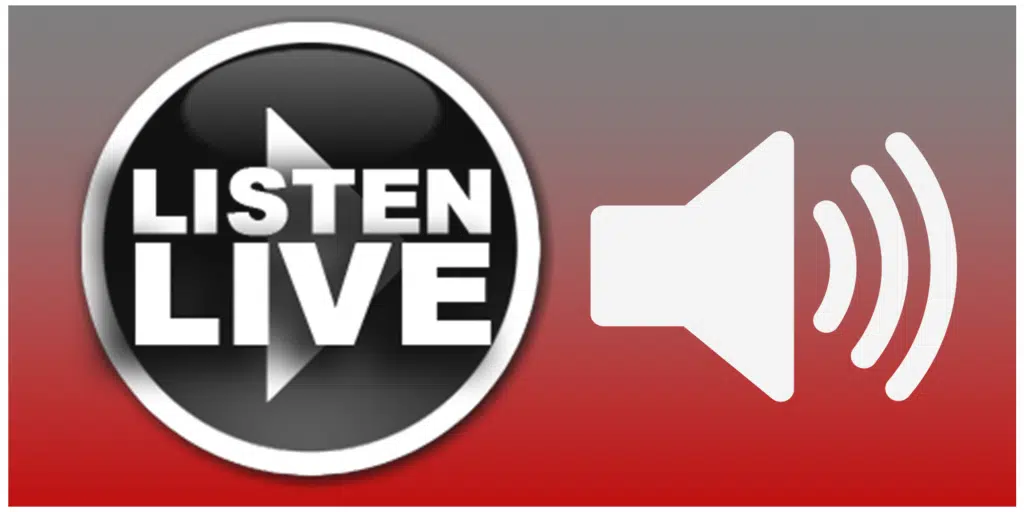Today (February 14th) marks the 52nd anniversary of the recording of the Who's legendary 1970 gig at England's Leeds University Refectory — the concert which eventually became their first live set, Live At Leeds.
The original 1970 release only featured six tracks, including elongated versions of “My Generation” and “Magic Bus” along with show stoppers such as Mose Allison's “Young Man Blues,” their 1966 single “Substitute,” and covers of Eddie Cochran's “Summertime Blues,” and Johnny Kidd and the Pirates' “Shakin' All Over.”
Roger Daltrey told us that although he loves the Live At Leeds album, he isn't wild about his particular performance that night: “I always felt under pressure when anything was knowingly being recorded. I didn't mind if people were kind of surreptitiously doing it. Personally, it wasn't one of my best gigs, but the individual in the band never sees the band in the audience's perspective. It's a great album. I love that album because it captures a moment in time.”
The original expanded two-disc version of Live At Leeds features such Who standards as “I Can't Explain,” “Tattoo,” “Happy Jack,” “I'm A Boy,” “A Quick One While He's Away,” and a complete performance of the rock opera Tommy — including live staples as “Pinball Wizard,” “The Acid Queen,” “Christmas,” “Cousin Kevin,” “Sparks,” “I'm Free,” “We're Not Gonna Take It,' and “See Me, Feel Me.”
The “Super-Deluxe 40th Anniversary Collectors' Edition” of Live At Leeds included the band's 1970 Hull's City Hall concert taped two nights after the Leeds show, on February 16th, 1970. The Live At Hull collection was reissued separately in 2012.
Daltrey, who makes it a point to never dwell on the band's past or delve into its massive archive, feels that Hull had a slight edge over the Leeds show in terms of the band's performance: “I mean, it's a great album. It does capture the energy of the period. My recollection of the two nights was that I've always felt that Hull was a better performance. I haven't heard the record, so I might be wrong on that, but it always felt that it was to me.”
Pete Townshend says that no matter what genre of music the Who tackled, their musical shorthand was able to carry them through uncharted waters: “The chemistry of the Who originally, the instrumentalists, Keith Moon, John Entwistle, Pete Townshend, and I talk about myself as another creature here, y'know. I wrote the songs and then I would give the songs to this trio. They would do something to the chemistry that was very, very chaotic but very, very internalized, and it was chemistry. We didn't understand how it worked, we couldn't explain how it worked, it just worked.”
The latest version of the set, which marks the third time the 1970 classic has been expanded and reissued, is now housed in a hard-back box with cover artwork reproducing the original black stamped vinyl first UK pressing.
The expanded Live At Leeds was reissued twice on CD — in 1995 and 2001 — each time featuring more songs from the Leeds show from February 14th, 1970 — with the 2001 version including the Who's full performance of Tommy.
Thanks to digital technology, the newly added Hull concert utilizes John Entwistle's bass parts from the Leeds show to cover the missing bass amp feed, which rendered the Hull show unsuitable for release back in the day.
Live At Leeds was released on May 16th, 1970 and peaked at Number Four on the Billboard Pop Albums chart and reaching Number Three in Britain.
The only single taken off the set, a cover of Eddie Cochran's “Summertime Blues” became a radio staple peaking at Number 27 and 38 in America and Britain, respectively.
The Who returned to perform at Leeds University twice after the legendary show — on November 21st, 1970 and June 17th, 2006. The band most recently performed in Leeds on December 2nd, 2014 at First Direct Arena.
In 2020 — 50 years to the day of the original 1970 Leeds show — the Who commemorated the anniversary with a pair of acoustic shows at Pryzm in Kingston-Upon-Thames, England. Highlights from the night were released as a bonus disc on the expanded version of 2019's WHO as Live As Kingston.



